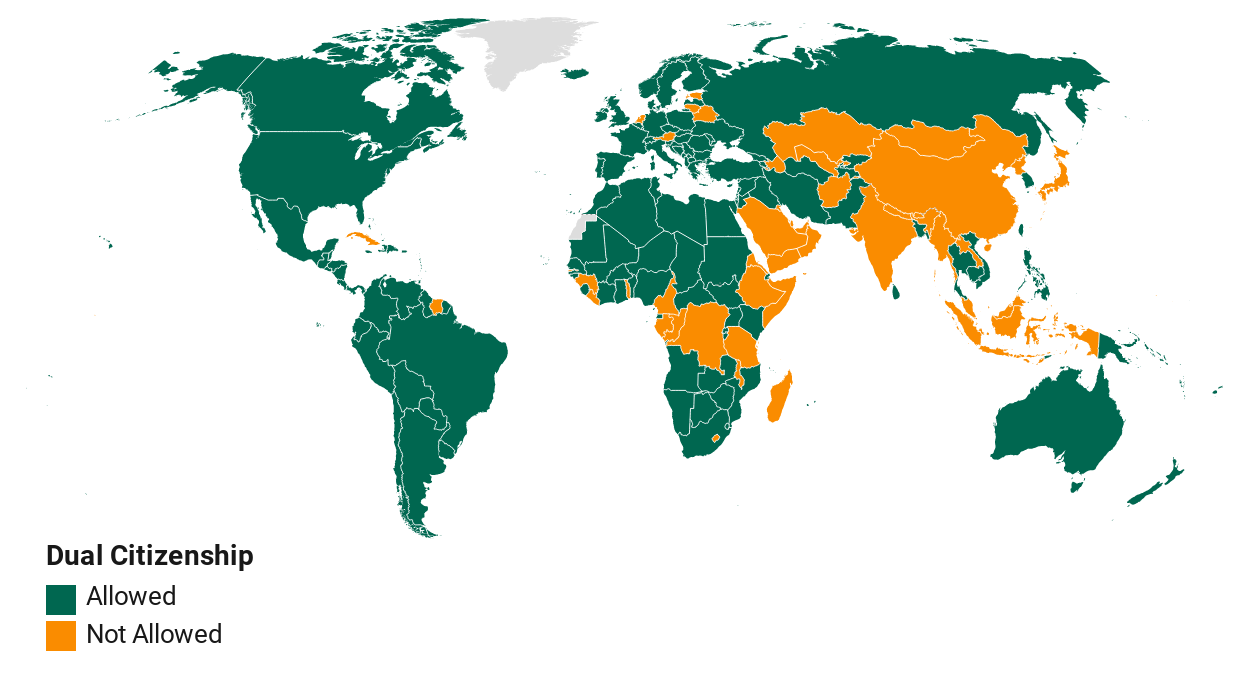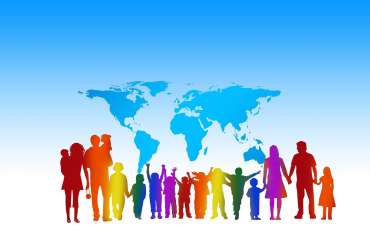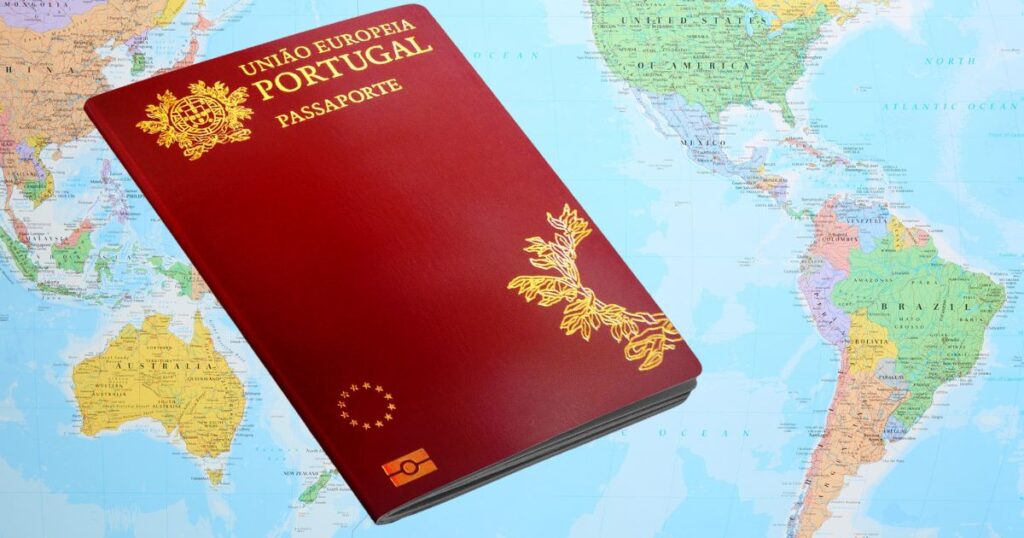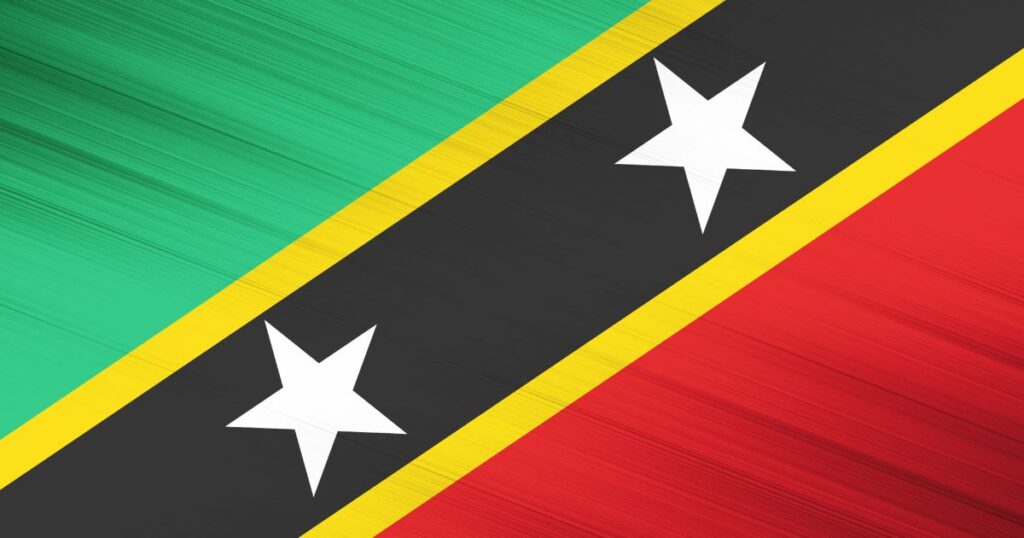Dual nationality is forbidden in many densely populated countries particularly in Asia. This means legally a significant number of world’s population cannot legally hold a foreign nationality simultaneously. The World population has reached 7.6 billion people as of 2023. Up until the late 19th century, nations often decided whom they claimed as their citizens or subjects and did not recognize any other nationalities they held.
Dual nationality has become an important status in the 21st century. Although it has many perks and benefits, there are consequences such as automatic loss of citizenship. Dual citizenship must be accepted by host and receiving nation to avoid conflicts. National laws often conflict with each other, thus allowing for dual citizenship situations to arise.
According to UNECE, increased globalization has led to increased international migration
- Free movement of people
- Opportunities abroad
- Increased naturalization
- Increased inter-country marriages and children
- More countries allow “dual” citizenship, blurring of single “citizenship” concept
- Relaxation of conscription
has been the major driving forces for the increase in number of dual citizens. A person holding multiple citizenship is, generally, entitled to the rights of citizenship in each country whose citizenship they are holding (such as right to a passport, right to enter the country, right to work, right to own property, right to vote, etc.). Dual nationality has downsides such as paying taxes in both countries, obligation to do national service or restricted political rights.
According to MACMIDE research, By 2020, however, 76 percent of countries maintain a more tolerant approach towards dual citizenship and allow citizens to voluntarily acquire the citizenship of another country, without automatic repercussions for the citizenship of origin. Asia is lagging behind with only 65% of dual nationality acceptance, lower than the world’s average of 75%.
The most common forms of acquiring dual nationality is through marriage, adoption, naturalisation, birth, and based on ethnicity or religion Legalizing dual nationality laws is also important for many nations as it provides the basic legal foundation for citizenship by investment programs. It also opens up a billion dollar market for citizenship and residence planning, as highly populated countries are major markets with wealth growing faster than ever. Japan and Singapore, which have the most powerful passports in the world, still deny dual citizen rights to their citizens. If a country forbids dual nationality, then that means you are trapped in one country, preventing you from exploring opportunities abroad..

Map of Countries accept in Dual Citizenship in 2020
What is the status of dual citizenship in the world’s most densely populated countries?.
Population fuels demand. As you can see, the top two countries India and China with the highest population, deny dual nationality to a significant amount of population, preventing them from becoming world citizens.
| Population (Jul 2020) | Dual nationality | |
| 1. China | 1.39 billion | Restricted |
| 2. India | 1.32 billion | Restricted |
| 3. United States | 329 million | Accepted |
| 4. Indonesia | 267 million | Restricted |
| 5. Pakistan | 233 million | Accepted (21 countries only) |
| 6. Nigeria | 214 million | Accepted |
| 7. Brazil | 211 million | Accepted |
| 8. Bangladesh | 162 million | Accepted |
| 9. Russia | 141 million | Accepted |
| 10. Mexico | 128 million | Accepted |
Source: US Census





